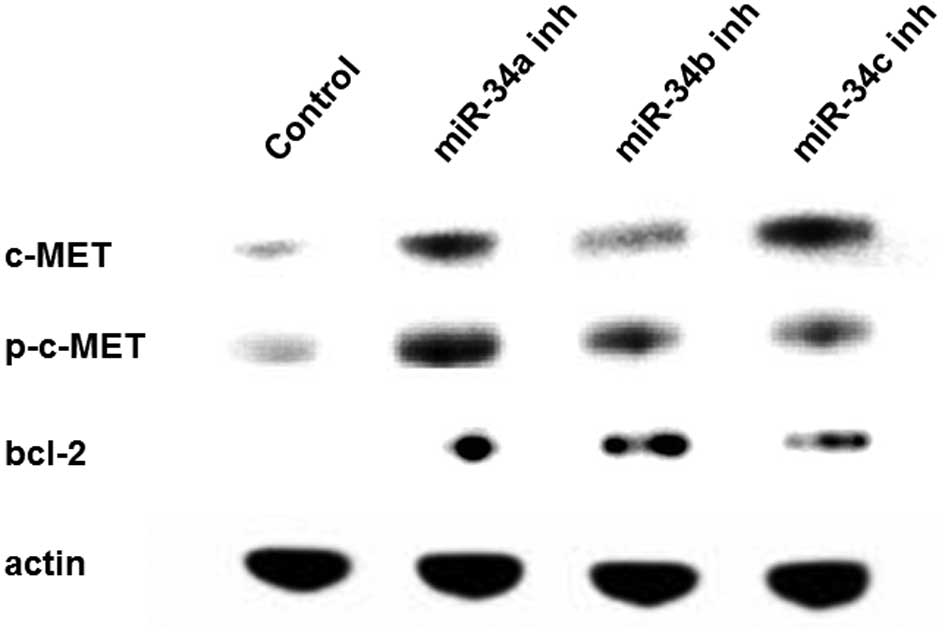- Home
- 34a vs 34b
- Downregulation of microRNA-34 induces cell proliferation and invasion of human mesothelial cells
Downregulation of microRNA-34 induces cell proliferation and invasion of human mesothelial cells
4.8 (767) · $ 31.00 · In stock
Malignant mesothelioma (MM) is an aggressive tumor with a dismal prognosis, and the molecular alterations involved in this disease remain unknown. We previously reported that microRNA-34s (miR-34s) are methylated and downregulated in MM and may play an important role in the carcinogenesis of MM. In this study, we downregulated miR-34s in human mesothelial cells to investigate the cellular effect of miR-34 knockdown. For the cell study, we used LP-9, a human mesothelial cell line, and three human primary-cultured mesothelial cell lines. RNA-based miR-34a, -34b and -34c inhibitors were transfected into these cells, and their effects on proliferation and invasion were evaluated. A scramble RNA oligonucleotide was used as a control. The protein expression status was estimated using western blotting. After miR-34 inhibitor transfection, miR-34a, -34b and -34c were downregulated in all the examined mesothelial cell lines. miR-34 inhibitor transfection significantly increased cell proliferation in all of the mesothelial cell lines, compared with the scramble control. The invasive ability also increased in the miR-34 inhibitor transfectants, compared with the scramble control, in the LP-9 cell line. Western blotting confirmed the upregulation of c-MET, phospho-c-MET, and bcl-2 proteins in LP-9 cells after miR-34 inhibitor transfection. In conclusion, our study showed that the downregulation of miR-34s induced an oncogenic phenotype in non-malignant mesothelial cells. The present study, together with the results of our previous report, strongly suggest that miR-34s play an important role in the early carcinogenic process involved in the transformation of human mesothelial cells to MM.
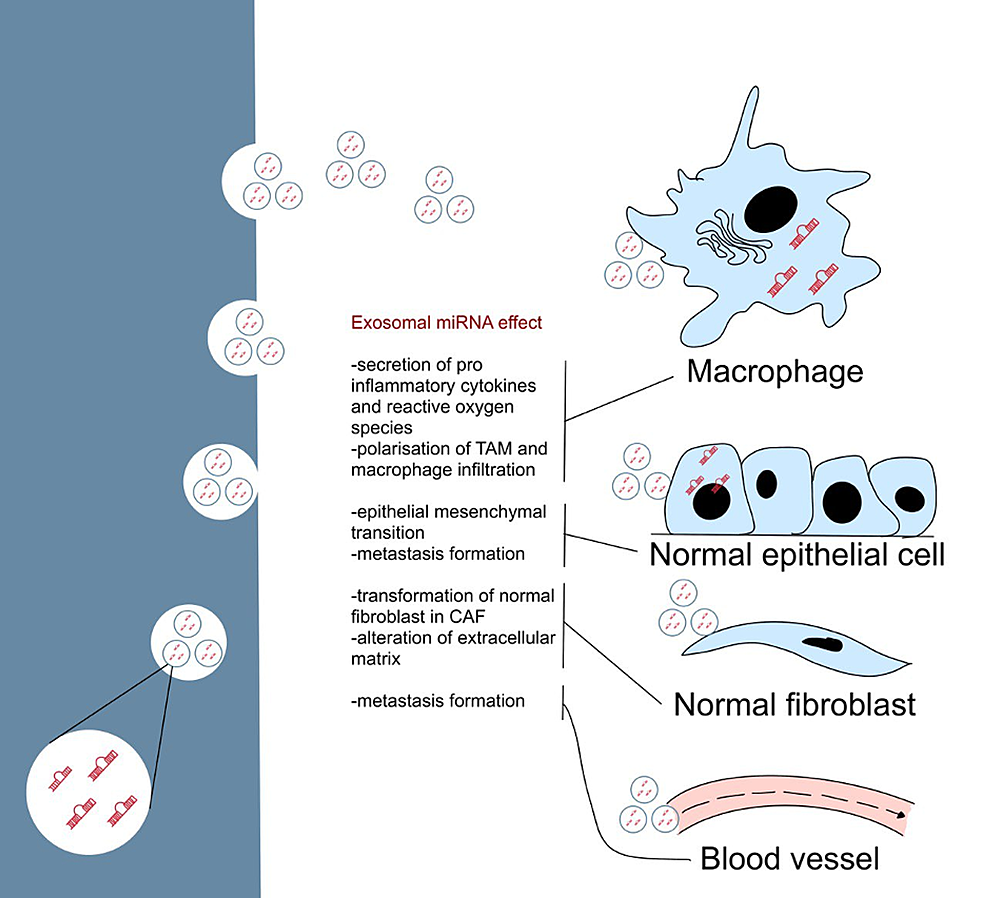
Cureus, Exosome-Derived microRNA: Efficacy in Cancer

A comparison between the effects of over-expression of miRNA-16 and miRNA-34a on cell cycle progression of mesothelioma cell lines and on their cisplatin sensitivity - ScienceDirect
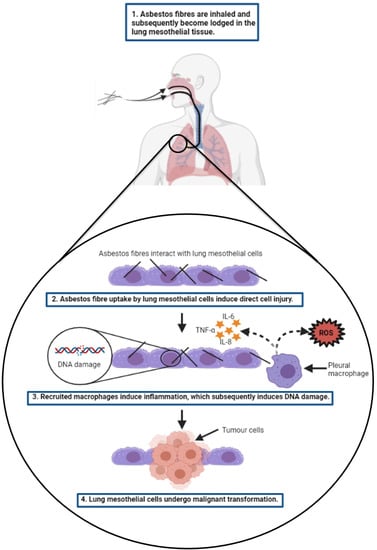
Onco, Free Full-Text

Role of epithelial-mesenchymal transition factor SNAI1 and its

MicroRNA-206 suppresses mesothelioma progression via the Ras

Pre-clinical and clinical importance of miR-21 in human cancers
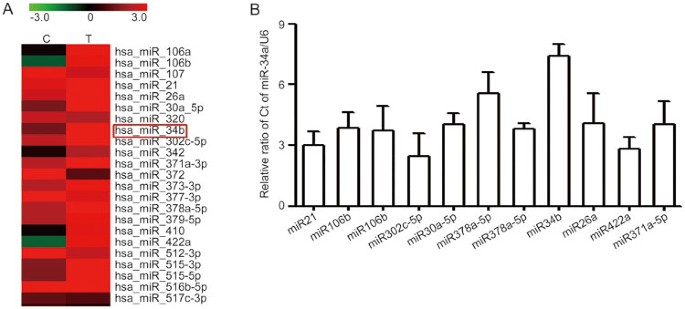
Sirolimus induces apoptosis and reverses multidrug resistance in human osteosarcoma cells in vitro via increasing microRNA-34b expression

MicroRNAs in mesothelioma: from tumour suppressors and biomarkers to therapeutic targets - Reid - Journal of Thoracic Disease
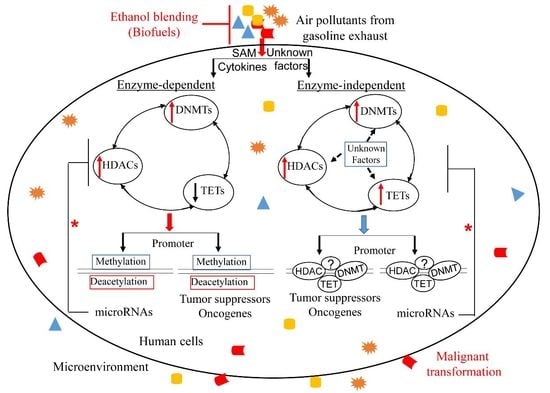
IJERPH, Free Full-Text
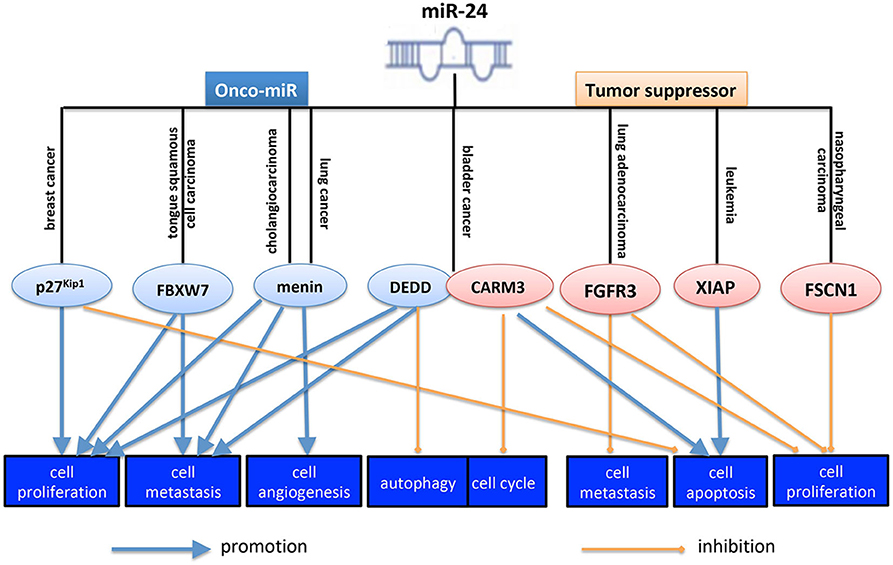
Frontiers MicroRNA-24 in Cancer: A Double Side Medal With

miR‐30d is related to asbestos exposure and inhibits migration and

Full article: microRNA-10a-5p from gastric cancer cell-derived

Mir-34: A New Weapon Against Cancer? - ScienceDirect

MicroRNAs in Human Cancer










